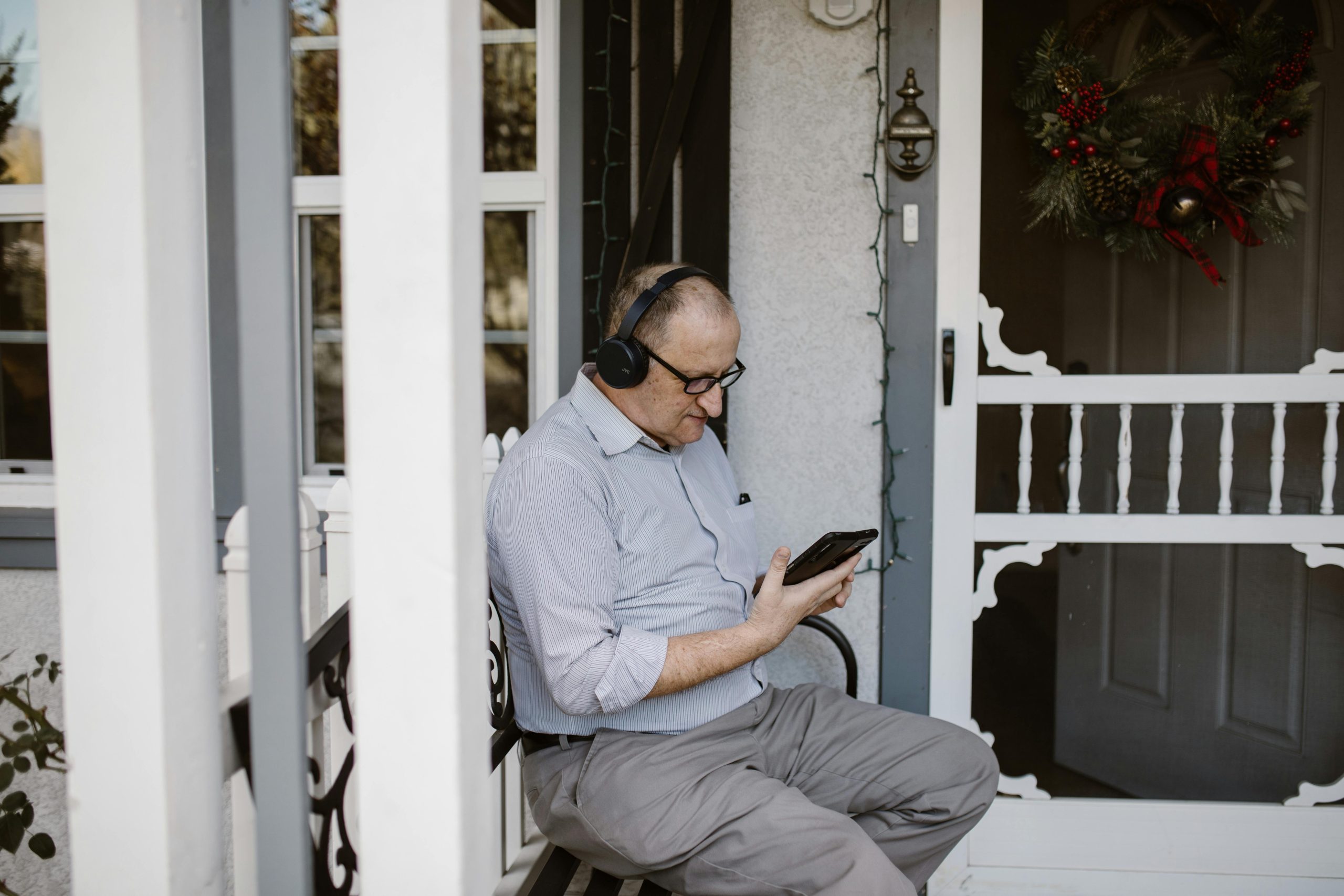A Message to Teachers Who Remain Silent on Zero Tolerance Policies
To the educators out there: If you’ve witnessed a bullied student stand up for themselves and stayed silent instead of challenging the disciplinary action taken against them due to zero tolerance policies, it’s time to reevaluate your role. By not advocating for that student, you risk becoming just a bystander.
I get it—you’re not the one who sets these policies and may feel powerless regarding the punishments handed down. But if a student faces consequences for simply defending themselves, and you choose to take no action to support them, that’s a failure. You should consider stepping away from your position.
While I haven’t been in school for some time, I’ve seen students hold back from defending themselves out of fear of repercussions. If you remain inactive in protecting that student, you’re just enabling the problem.
And to anyone enforcing or responsible for these policies, it’s concerning.
And to those defending these policies in the comments—let’s hope you never find yourself in the situation where it’s your child who is being bullied. I suspect your perspective would change dramatically.

Your passion for advocating for students is clear, and it’s crucial to recognize the complex position teachers find themselves in. It’s true that zero tolerance policies can often leave teachers feeling powerless and that these policies can sometimes fail to account for the nuances of each situation, especially in cases of self-defense.
However, it’s important to bear in mind that many teachers care deeply for their students and want to support them, but they also have to navigate the rules set by their administrations and the potential repercussions of speaking out. While it might seem cowardly to not protest a policy they disagree with, there could be a variety of reasons for their silence, including fear of backlash or a lack of support from their school administration.
Instead of calling for teachers to quit, it might be more productive to encourage open discussions about these policies and advocate for changes from within the system. Empowering teachers to voice their concerns and providing them with support could lead to a more balanced approach that addresses both student safety and the realities of self-defense.
Ultimately, the goal should be to create a safer and more supportive environment for students, and that often requires collaboration rather than condemnation. Let’s work towards solutions together, advocating for policies that truly protect and support students in all circumstances.